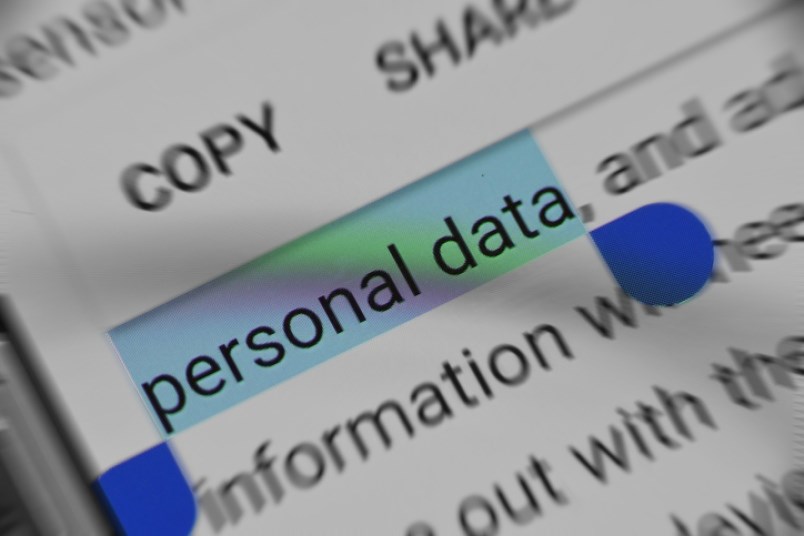Long story short, don’t do your banking in your pyjamas.
It was late in the evening after a long day when I spied a couple of emails that warned me my Shaw account was overdue. The first email looked so much like my regular online billing statement and the second looked just as realistic, except the amount I owed was higher.
Worried, I clicked on the second of the two emails and, with an additional click, it told me I could update my information.
This is where I should have stopped, took a minute to check the URL to see if it looked fake, waited to call my service provider or simply checked the company’s website — or Googled email scams to find out about similar phishing scams.
This is all easily accessible information, which I have found before to avoid phishing scams, which are those nasty email cons that criminals use try to get your personal information so they can rake you over the coals financially, rack up debts, drain your bank account and ruin your credit score.
I’ve even written about these scams before, and also laughed at a Port Moody Police video in which a cheeky cop gives a duplicitous CRA scammer a hard time on the phone.
So why was I duped?
It’s easy to fall prey to these fake emails — and millions of people have been scammed by these as well as the notorious CRA telephone scam where someone threatens you with jail for being arrears in your taxes.
——————————
Looking for love, they found frustration – and lost money
Quit sending money to people you don’t know, says BBB
Increase in Bitcoin scammers, says Coquitlam RCMP
Port Moody senior targeted in prescription scam
Port Moody resident defrauded out of $50,000
——————————
It’s also true that scammers are getting better at replicating graphics that companies use and they also know how to manipulate people’s emotions.
The scammer seemed to know me, how tired I was, how conscientious I am about paying my bills on time and how I was looking for an easy fix.
In the end, I gave them the information they asked for.
What an idiot.
Watch how Port Moody Police deal with a CRA Scammer
But these scammers are relentless. A couple of years ago, Coquitlam RCMP posted on Facebook a phishing email about a declined Shaw payment that arrived in their RCMP email account .
“Funny thing,” the post notes, “we don’t have a Shaw account.”
Well, it wasn’t so funny when it happened to me.
Besides a sleepless night, I spent hours trying to rectify the situation, including:
• cancelling my credit cards;
• reporting the phishing incident to my banks;
• getting fraud alert placed on credit monitoring firms Equifax and TransUnion so if credit is sought under my name, I’m alerted;
• updating my passwords;
• contacting Service Canada;
• contacting the service provider, the police and the Canadian Anti Fraud Centre.
Had I taken time to check out the email before clicking, I could have saved myself a lot of grief. And I still worry that I haven’t done enough, and my bank account could still be drained.
Word to the wise: Don’t be dumb like me. Do everything you can to authenticate an email before providing your important personal details.
It’s worth the effort.
—
Want to know about how to avoid phishing scams? Check out this link



